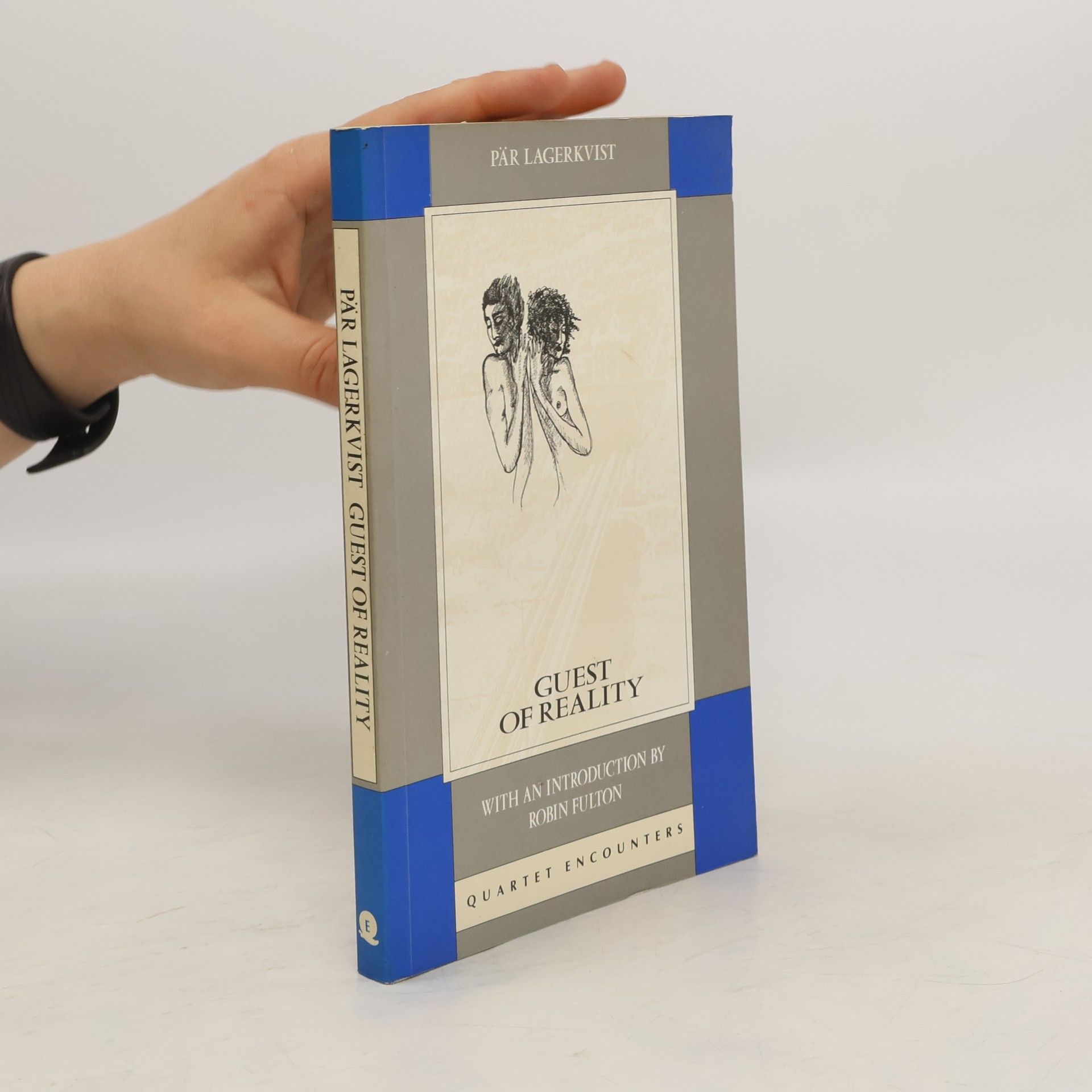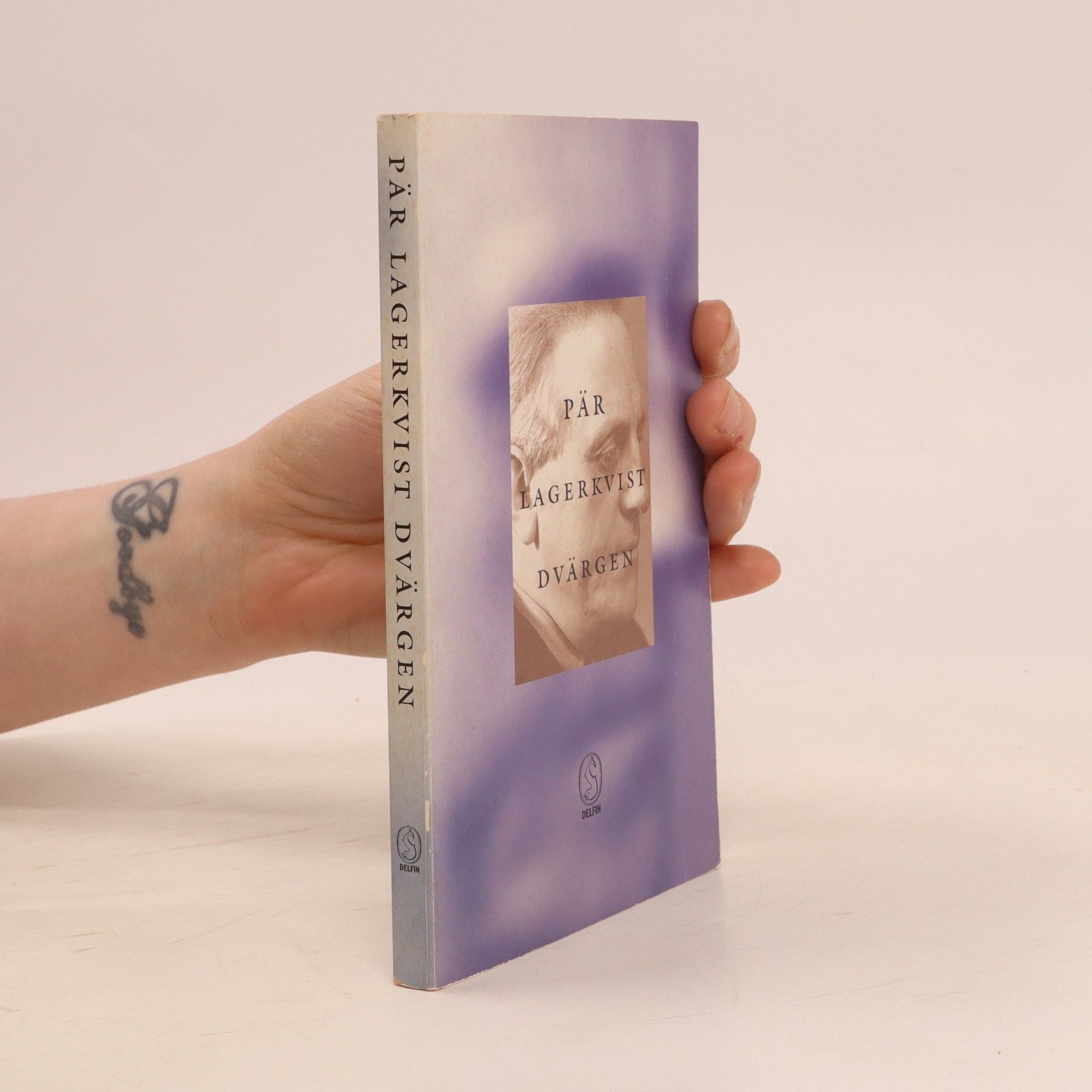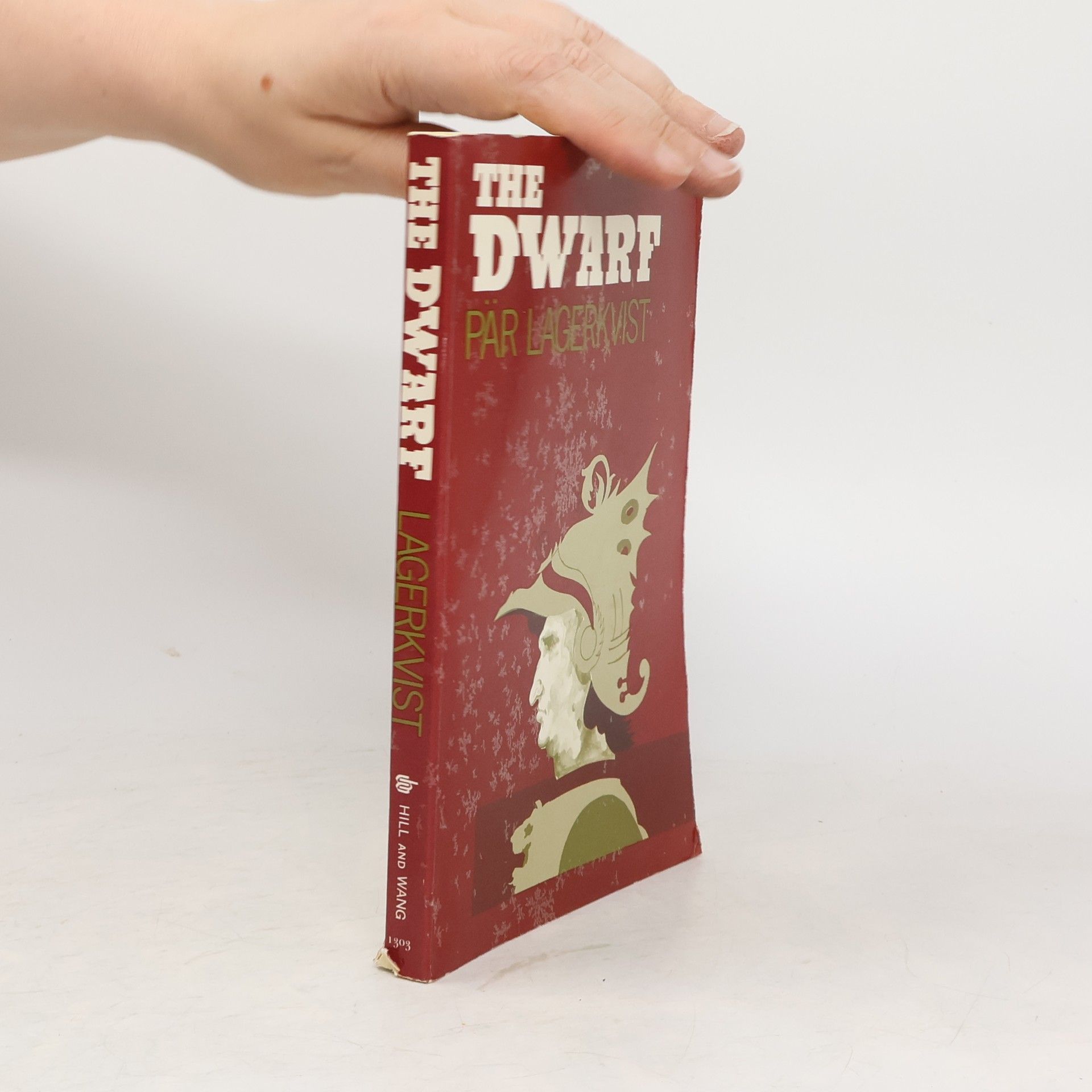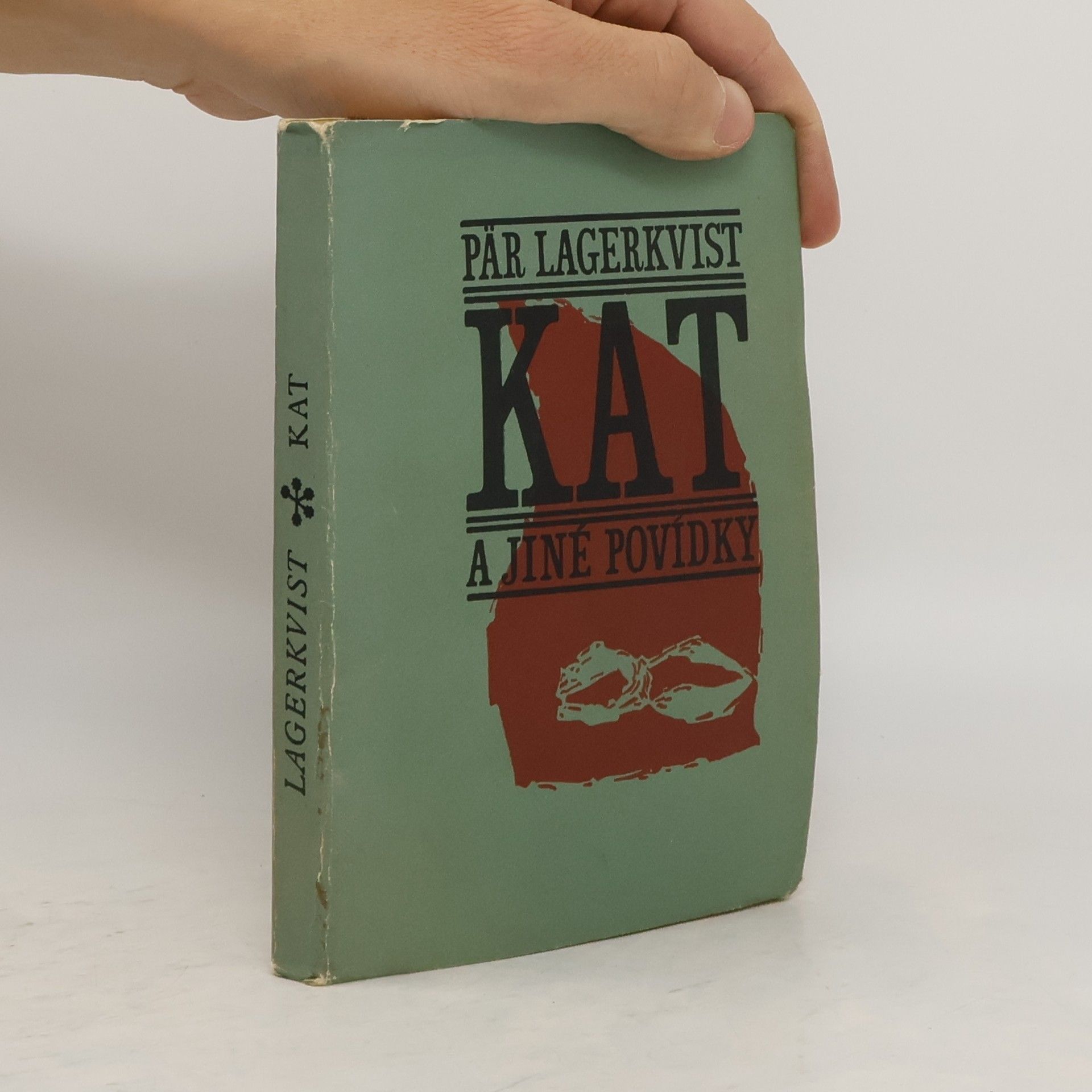Pär Lagerkvist Bücher
Lagerkvists Werk zeichnet sich durch künstlerische Kraft und die wahrhaftige Unabhängigkeit des Geistes aus, mit der er nach Antworten auf die ewigen Fragen der Menschheit suchte. In seinem vielfältigen Schaffen aus Lyrik, Romanen, Dramen und Essays erforschte er durchweg tiefgreifende existenzielle Themen. Beeinflusst von moderner Kunst und Weltliteratur, tauchte sein einzigartiger Stil in die Tiefen der menschlichen Existenz ein. Seine anhaltende literarische Bedeutung liegt in seinem unermüdlichen Streben, die menschliche Verfasstheit zu verstehen und zu artikulieren.







Der Nobelpreisträger (1891-1974) - die dominierende Dichtergestalt Schwedens zwischen den beiden Weltkriegen - spiegelt in diesen Geschichten das Grauen über das Völkermorden, die Lebensangst und den Glaubenskonflikt wider.
Guest of Realtiy"Father and I"The Difficult Journey
"I have noticed that sometimes I frighten people; what they really fear is themselves. They think it is I who scare them, but it is the dwarf within them, the ape-faced manlike being who sticks up his head from the depths of their souls." Pär Lagerkvist's richly philosophical novel The Dwarf is an exploration of individual and social identity. The novel, set in a time when Italian towns feuded over the outcome of the last feud, centers on a social outcast, the court dwarf PIccoline. From his special vantage point Piccoline comments on the court's prurience and on political intrigue as the town is gripped by a siege. Gradually, Piccoline is drawn deeper and deeper into the conflict, and he inspires fear and hate around him as he grows to represent the fascination of the masses with violence.
Výbor obsahuje sedm novel a povídek (Kat, Zlý anděl, Maurice Fleury, Smrt hrdiny, Rudá záře, Svatební hostina, Poutník na moři) významného spisovatele, divadelního teoretika a estetika. Pro jeho literární projev je příznačná dramatičnost dějů a strohé soustředění pozornosti na postiženínejvlastnější tváře jejich hrdinů i úsilí proniknout k pramenům záporu a zla v člověku, životě i společnosti, aby tím spíše vynikly jako jejich protipól klad a dobro.
Volně pojatá tetralogie /Sibyla, Ahasverova smrt, Poutník na moři, Svatá země/ je vyvrcholením literárního odkazu švédského spisovatele. Ve snaze objevit zdroj věčného zápolení dobra a zla dochází autor k víře, že každý člověk s sebou nese pečeť věčnosti a nesmrtelnosti.
Barabáš je zločinec. Místo něj lidé ukřižovali Krista. Málokdy se podaří nalézt spisovateli tak dramatického a románově vděčného hrdinu. Na symbolické a přitom tak drsně realistické postavě starověkého Barabáše, lupiče a vraha odsouzeného k smrti ukřižováním a v poslední chvíli propuštěného plně uplatňuje Pär Lagerkvist své mistrovství.



